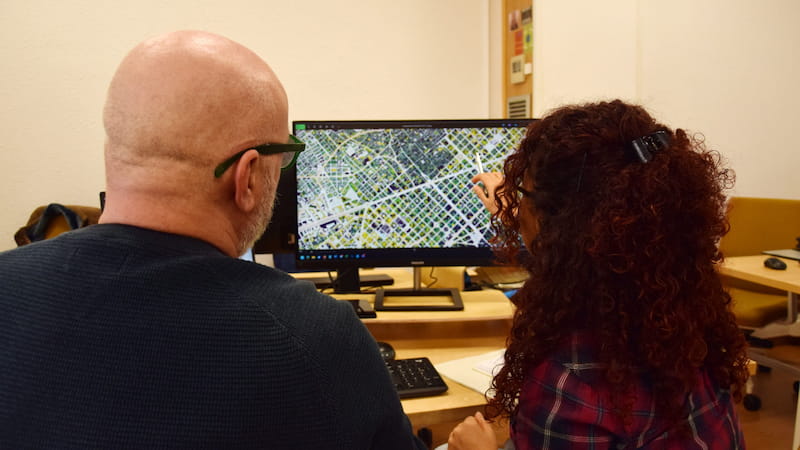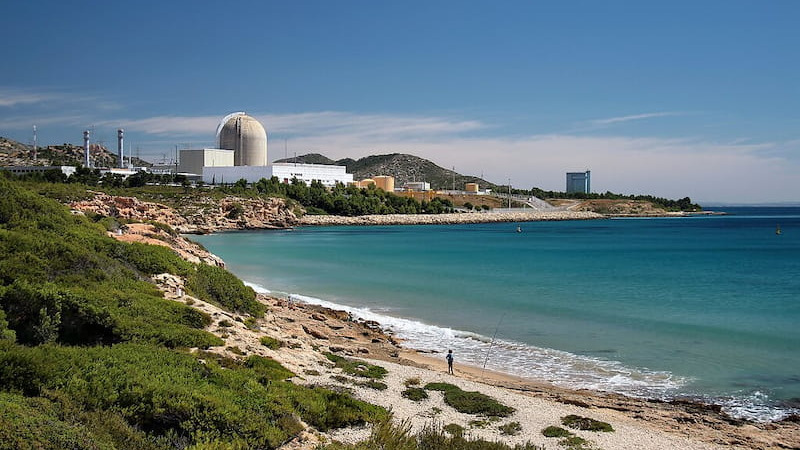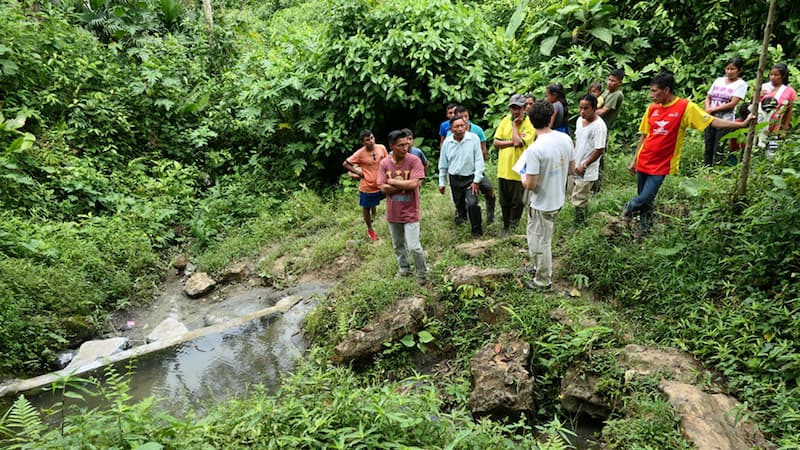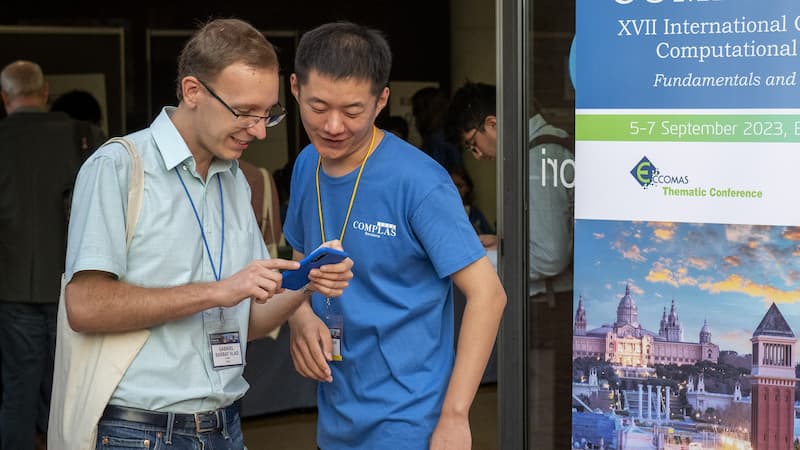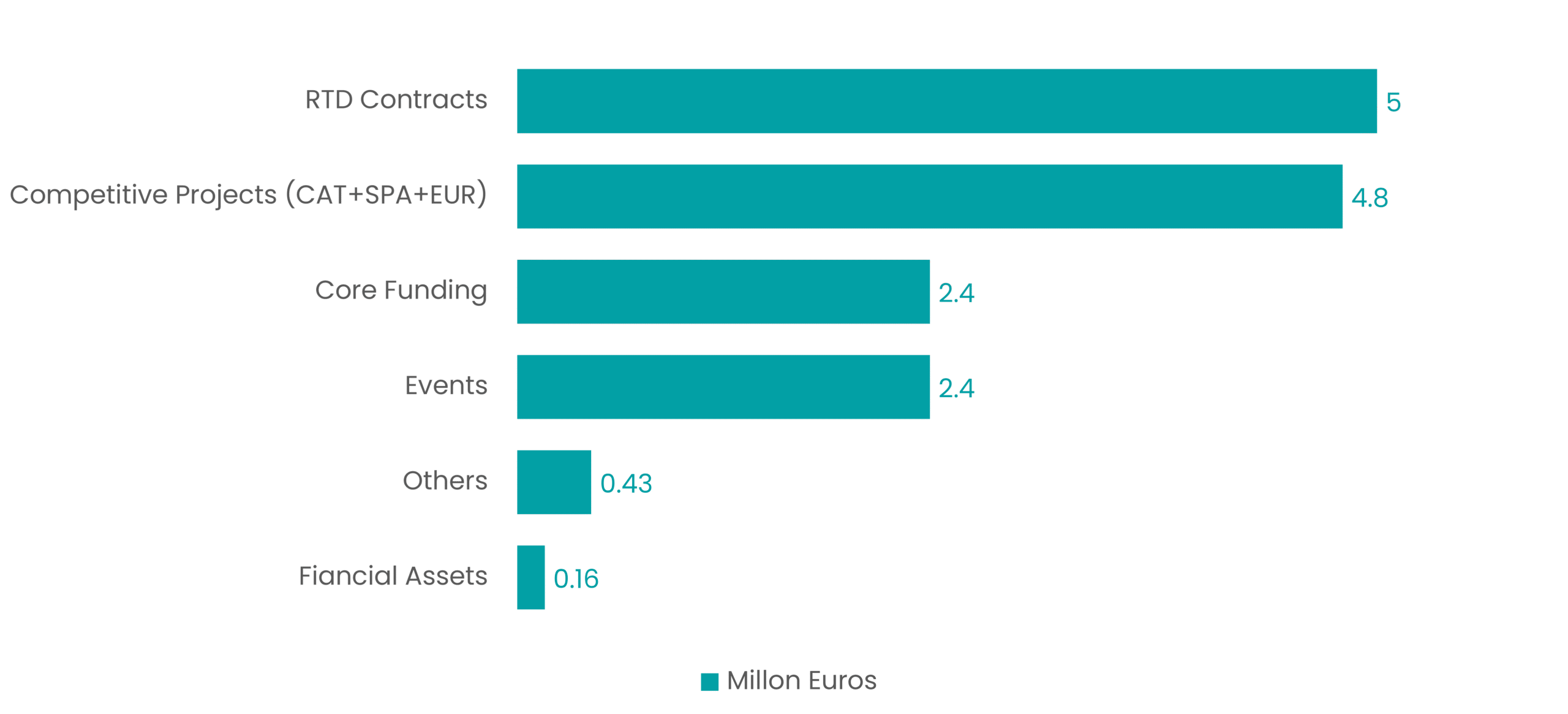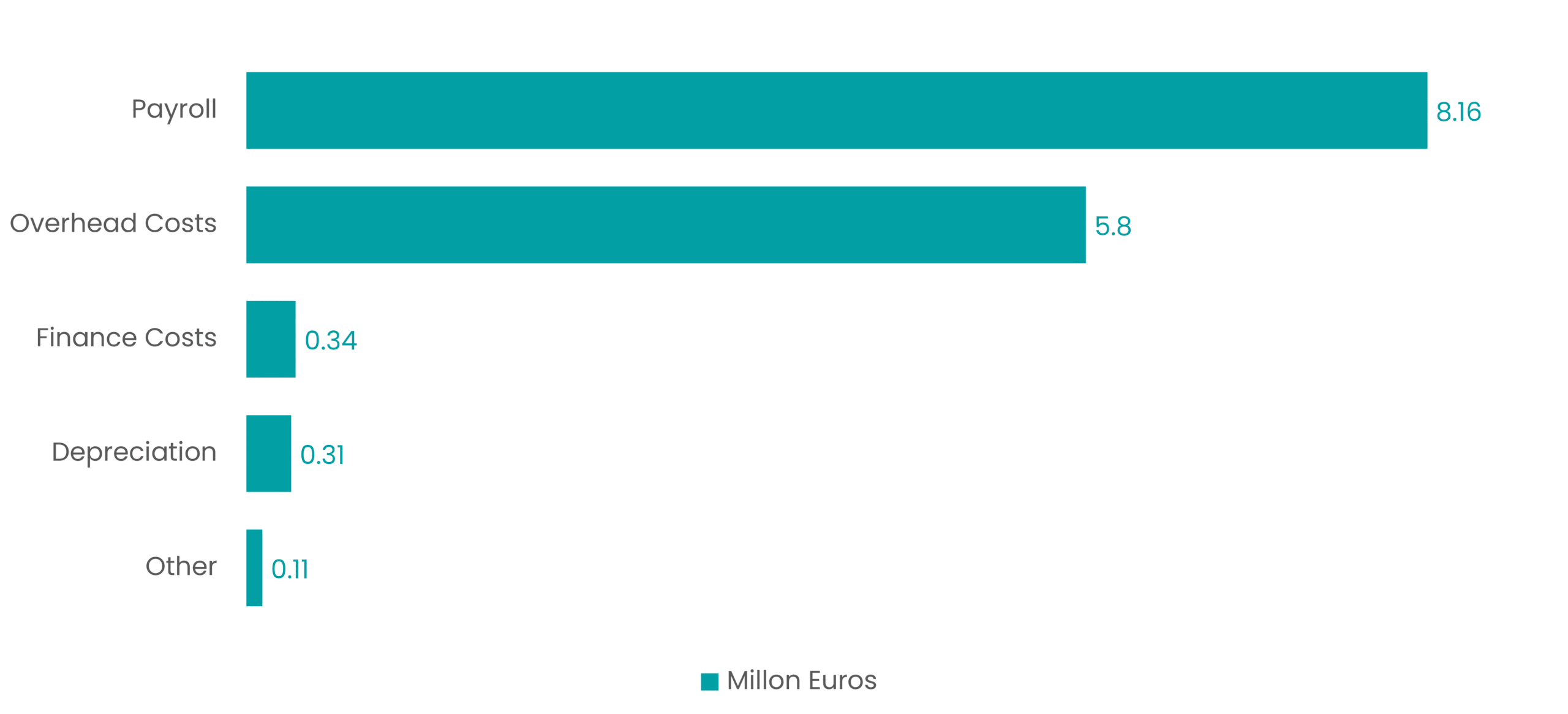Transparency
CIMNE is dedicated to making all its activities as transparent and accessible as possible, ensuring citizens can easily understand what it does, how it manages the public resources it upholds, and the ethical and integrity aspects of its work.

We are guided by the principles of:
Transparency
Access to Public Information
Good Governance
CIMNE is a public research centre, governed under Law 150/187 of the Parliment of Catalonia and the Government Agreement 160/2015, which frame its statutes.
Institutional Organization and Administritive Structure
Who We Are
The International Centre for Numerical Methods in Engineering (CIMNE) is a public R&D&I centre founded in 1987 by UPC, the Government of Catalonia, and UNESCO. Its focused on cutting-edge research, dissemination, education, and technology transfer of computational engineering with social impact.
Governing Bodies
The centre is overseen by two councils: a Governing Council and an Executive Council. Members of CIMNE, the UPC, the Catalan Government and UNESCO sit on them.
Scientific Advisory Council
Seventeen renowned global experts in numerical methods take part in CIMNE’s Scientific Advisory Committee (SAC), providing consultancy support and guiding the centre’s research priorities.
Regulatory framework
Last update: September 2025
Regulations and Legal Information
CIMNE’s operations are based on its statutes, which outline internal plans, protocols, and other mandatory regulations. These are framed within the context of local and international regulations governing research integrity, transparency, and protection against discrimination, among other considerations.
Statutes
Internal Plans and Protocols
Internal Regulations
Applicable Regulations
Last update: September 2025
Public Services
CIMNE does not offer activities within the legal framework of ‘public services.’
Last update: September 2025
Plans and Programmes
The centre’s plans and programmes form a framework setting out its activities and strategic priorities, as governed by the CIMNE statutes.
Strategic Plan
Framework Agreement
Annual Report
Discover the highlights and relevant metrics from CIMNE over the last year.
Open Government
As a public institution, CIMNE is committed to publishing decisions regarding the right of access to public information.
Applicable Regulations
Resolutions on Transparency
No resolutions available.
Public Employees
No person employed at CIMNE is considered to hold a ‘senior official’ position as defined by law.
Members of the Governing Board do not receive compensation for attending meetings with CIMNE’s patrons, governing bodies, boards of directors, or other collegiate bodies, nor for meetings with public sector entities, bodies, or organisations.
Employees
Historical record of job vacancies and resolutions
Contracts, agreements and subsidies
This list includes contracts, agreements, or management assignments in which CIMNE takes part and are subject to disclosure by law.
Contracts
Agreements
Administrative Assignments
Financial and Budgetary Management
Annual budget (2024)
As a public institution, CIMNE receives income from various sources, including competitive research and innovation projects, research and development (RTD) contracts, events, and its own financial assets. Some of the centre’s income is covered by core funding from public bodies.
Main expenses include payroll and overhead costs.
Annual Financial Statement
Budget Execution
Assets
Management of Documents, Personal Data, and Statistical Data
Ethics Channel
If you have a query, wish to report malpractice, or would like to send us a suggestion, CIMNE offers an ethical communication channel. You can identify yourself or remain anonymous.
NOTE: This portal is updated whenever important information/documentation is produced for publication in accordance to applicable law. The information will be reviewed at least once on 31 January and 31 July of the current year.
Last update: September 2025

